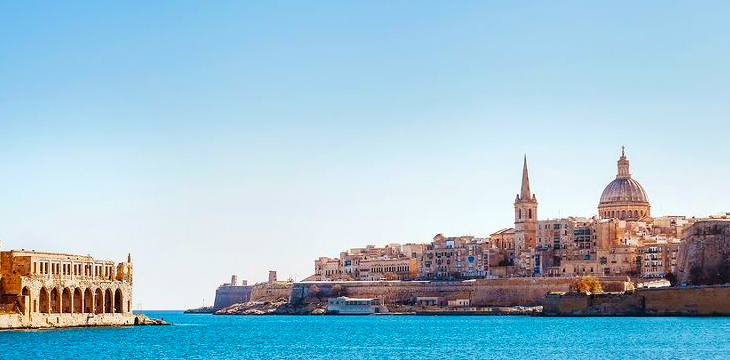|
Getting your Trinity Audio player ready...
|
Malta isn’t called the blockchain island for nothing. It will now be the first country to use blockchain technology to store education certificates of graduated students, reports Malta Today.
The government of Malta announced a two-year contract with Learning Machine, a company that’s been working on the blockchain project since September 2017.
It’s already been put into place in some instances. The Malta College of Arts Science and Technology and the Institute of Tourism Studies Malta, as well as some other schools, have already taken part in the new project.
Now that the government is on board, all certificates will be issued on the blockchain, including high schools, independent and church schools.
The Prime Minister of Malta, Joseph Muscat, celebrated the new deal, declaring that it made Malta the first country in the world to register their students’ achievements on the blockchain.
Malta’s been very proud of their nickname. Muscat told the UN General Assembly last year that blockchain would be the future, and would deliver cryptocurrencies as the future of money.
Backing up that talk, Malta was one of the first countries to push forward with crypto laws. They’ve been paid off for that mindfulness by becoming the headquarters to large crypto exchanges, like Binance and OKEx.
Muscat is pretty happy with how things turned out. During the signing ceremony with Learning Machine, he declared, “In 2017, we said Malta will become the blockchain island, and it has.” He went on to note that this new deal will add to student’s data security, while minimizing bureaucratic costs.
Malta might be the first country in the world to issue diplomas on the blockchain at all levels of education, but there are other schools in the world doing it too. The University of Bahrain also entered a partnership with Learning Machine and declared they would do the same in January. Prior to that, The Massachusetts Institute of Technology (MIT) had been issuing blockchain-based diplomas since October 2017.

 02-28-2026
02-28-2026 




